
What is the Lloyd’s of London?
Firstly, it’s nothing at all to do with Lloyd’s PLC, the bank – they’re not great either, but that’s another story.
Lloyd’s of London is a large insurance corporation with an HQ in London but trade insurance globally. In its own words, Lloyd’s of London “oversees and supports the Lloyd’s market, ensuring it operates efficiently and retains its reputation as the market of choice for specialist insurance and reinsurance risk.” You can watch Lloyd’s of London’s very corporate video explaining what they do.
What is “Lloyd’s marketplace”?
Insurance companies use Lloyd’s of London’s marketplace much like sellers use eBay’s website. Just as eBay supports bidding between buyers and sellers, so does Lloyd’s of London, employing over 200 brokers to match insurance customers with insurance companies. And just like eBay, Lloyd’s of London offers some form of guarantee for insurance bought via their marketplace, encouraging trades through to be made through it.
What is Lloyd’s of London's connection to Adani and West Cumbria coal mines, and fossil fuels
Lloyd’s of London marketplace is in the top 4 for insuring climate-wrecking fossil fuel projects around the world. Lloyd’s of London’s marketplace is particularly attractive to large fossil fuel projects as Lloyd’s has a reputation for getting high-risk projects insured that other insurance companies won’t touch. One way it does this is by splitting an insurance policy, and spreading the risk, between insurance companies using their marketplace. This amounts to an insurance for climate chaos as it’s only with insurance that companies can take the financial risks to dig new coal mines, build new tar sand pipelines, and explore new gas and oil fields.
Lloyd’s of London has refused to rule out allowing Adani’s Carmichael coal mine in Australia or the West Cumbria coal mine in the UK to obtain insurance via their marketplace. If Adani’s Carmichael coal mine gets insurance and goes ahead, it would open up one of the world’s biggest coal deposits contributing to a climate catastrophe.
What is Lloyd’s of London doing to prevent their contribution to climate change?
Not much, and definitely not enough.
Lloyd’s of London have only committed to a policy of greenwash that is incompatible with our climate crisis, continuing to insure risky projects that no one else will touch. So far Lloyd’s of London has committed to asking insurers operating in their marketplace to stop insuring tar sands, thermal coal mines, and Arctic exploration, phasing this out by 2022. But ‘reinsurance’ for these worst offenders is allowed up until 2030.
This also leaves a huge range of climate-wrecking projects free to continue insuring their risk via Lloyd’s of London marketplace with no policy at all to discourage it. In practice, this means the planned West Cumbria mine could be insured via Lloyd’s of London marketplace as it intends to mine ‘coking coal’, not ‘thermal coal’, although both are eventually burned, producing similar emissions.
What more could Lloyd’s of London marketplace do to prevent their contribution to climate change?
Lloyd’s of London could most simply ban all fossil fuel insurance trading via their marketplace. Their own statement clearly indicates this would be possible; “Lloyd’s publishes minimum standards and monitors compliance with those minimum standards. Lloyd’s by-laws also set out a number of rules with which market participants are required to comply”.
Fossil fuel projects only amount to around 5% of Lloyd’s of London’s marketplace insurance trades, so the company would still have a future without selling out ours.
What would be the impact if Lloyd’s of London ruled out fossil fuel insurance?
Some of the fossil fuel projects would source insurance from other providers and marketplaces, but many using Lloyd’s of London marketplace have failed to secure insurance elsewhere—Lloyd’s of London is sometimes their last chance. Let’s not give it to them.
Insurance providers also look to one another in setting their policies, so if Lloyd’s of London drops fossil fuel insurance, it is likely other insurance traders and providers will too—with a bit of encouragement.
Insurance might not be the sexiest subject, but it is a very vulnerable link in the chain needed to start and continue these huge climate-wrecking projects. It’s time Lloyd’s of London take responsibility for the role its insurance marketplace has in our collective future.
What is an insurance policy?
A contract that a company or individual takes out with an insurer to protect them against specific risks in ways that are agreed and noted in the contract.
What is ‘claims made’ insurance?
Type of insurance policy that will cover insurance claims made whilst the insurance policy is in force – even if the event leading to that insurance claim happened before that insurance policy came into force.
What is ‘claims occurring’ insurance?
Type of insurance policy that will cover insurance claims for events that occurred whilst the insurance policy is in force – even if the claim for it happens after the insurance policy stopped being in force.
No related insurance:
They don't insure coal mines e.g. they just cover travel insurance.
What is ‘run-off’ insurance:
AKA: Not 'live' insurance. Type of insurance policy that comes into effect when a company stops trading. So, any claims made under it will relate to events that happened before the company stopped trading and the policy started. This is used by companies that had ‘claims made’ insurance, and want insurance in case anyone takes action against them after the company for the period of time after they stopped trading but are still liable.
Want to know more?
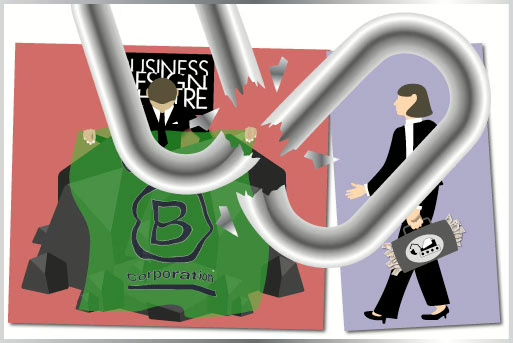
As B Labs doesn’t seem bothered was the public says, we asked supporters to contact other B Corps – who are effectively B Labs customers. Almost 20,000 emails were sent to over 60 B Corp status companies, asking them to take a stand with us…
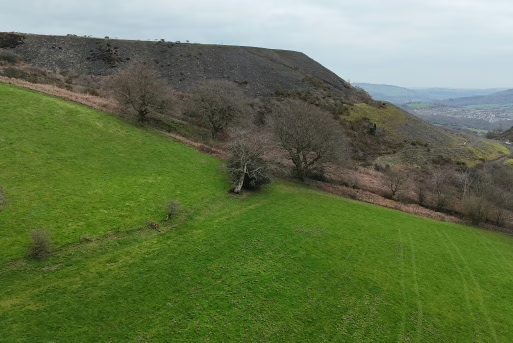
The Welsh Government’s long-awaited Bill is expected to be presented to the Senedd before the end of 2024. The very recent Cwmtillery tip slip will make this Bill a more politically charged issue. It will also raise scrutiny over whether measures in the new Bill mark a sufficient improvement on the Mines and Quarries (Tips) Act 1969…
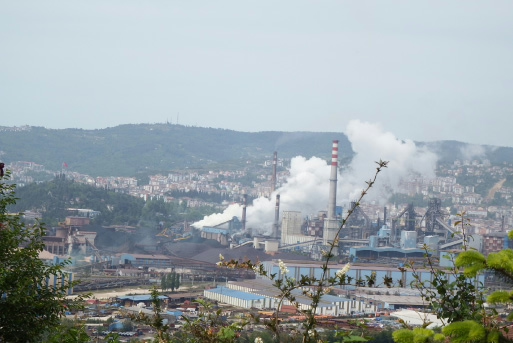
Kömür Eylem Ağı (Coal Action Network), 2024 yılında Türkiye kömür endüstrisini araştırdı. Bu makalede, bulgularımız ve Türkiye’deki kömür, hava kirliliği, Rusya savaşı ile karbonsuzlaştırma arasındaki ilişkiler inceleniyor.
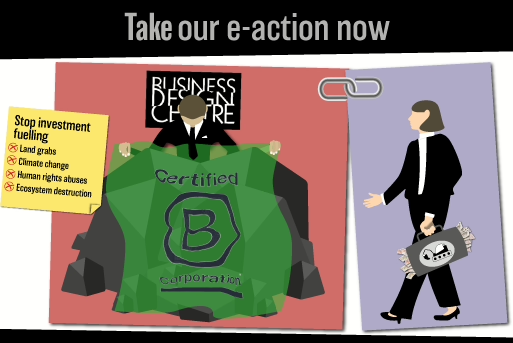
Last December in London, the CAN team protested with other climate campaigners for two days in freezing temperatures outside one of the world’s biggest events funnelling investment into expanding mining globally. The ‘Mines and Money Conference’ held in London’s Business Design Centre connected investors with projects and companies responsible for human rights abuses, ecocide, and fuelling climate chaos…
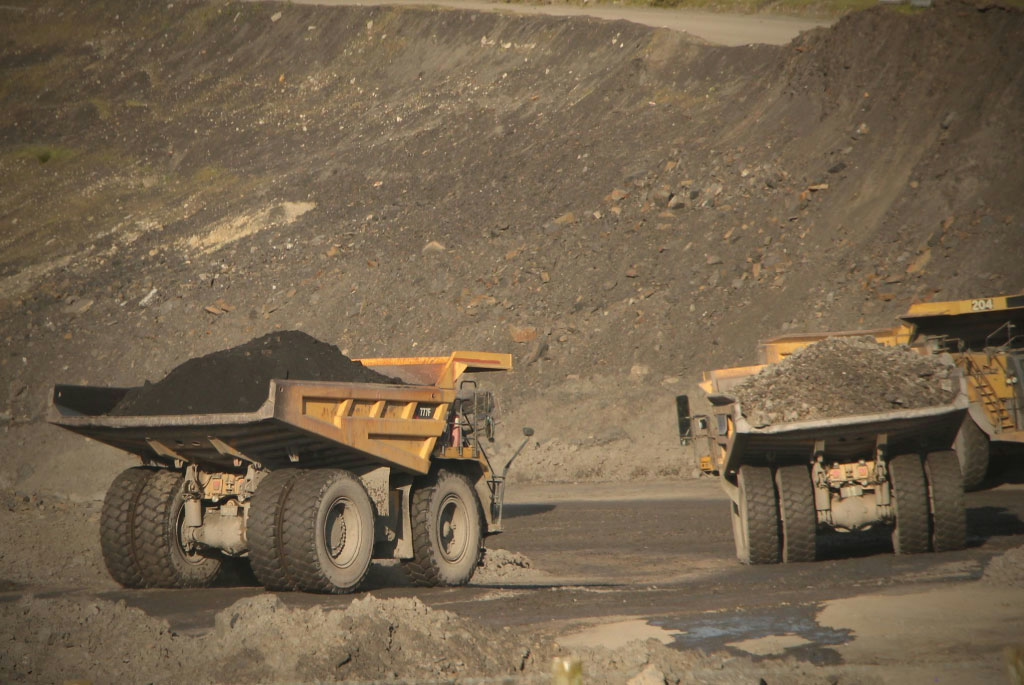
The UK Government has laid a Written Ministerial Statement confirming that it will introduce legislation to “restrict the future licensing of new coal mines”, by amending the Coal Industry Act 1994, “when Parliamentary time allows”. The UK Government’s press release is entitled “New coal mining licences will be banned”. Here at Coal Action Network, we thinks it’s great that the UK Government is following…

(Türkçe olarak mevcuttur) Coal Action Network investigated the Turkish coal industry in 2024. This article looks at our findings and the links between Turkish coal, air pollution, Russia’s war and decarbonisation.

Former steelworker, Pat Carr, spoke to Anne Harris from Coal Action Network about the financial support offered to workers when the Consett steelworks closed in 1980, and they discussed what can be done better, in workplaces like Scunthorpe steelworks. (Article published in Canary magazine)
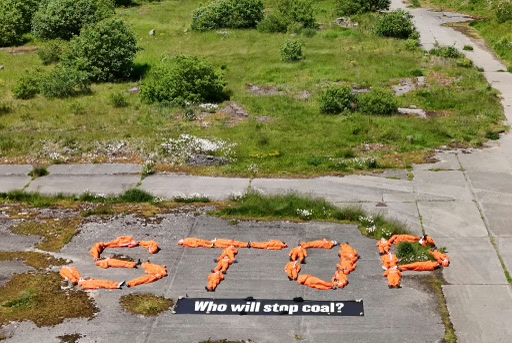
The proposed West Cumbria Coal mine lost its planning permission in September 2024. Since then its application to get a full coal mining license was refused by the Coal Authority, another nail in the coffin of the proposed coking coal mine.
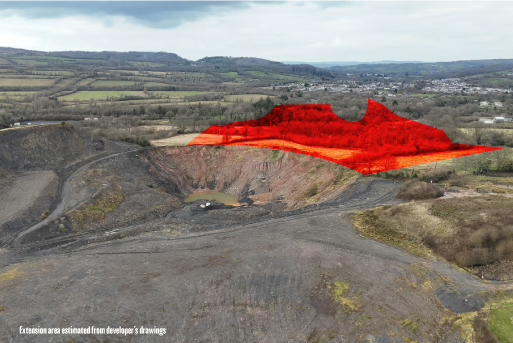
Bryn Bach Coal Ltd is the coal mining company that operates the Glan Lash opencast coal mine, which has been dormant since planning permission expired in 2019. In 2018, it applied for an extension which was unanimously rejected by planning councillors in 2023. Undeterred, Bryn Bach Coal Ltd is trying again! This time with a slightly smaller extension of some 85,000 tonnes rather than 95,000 tonnes…